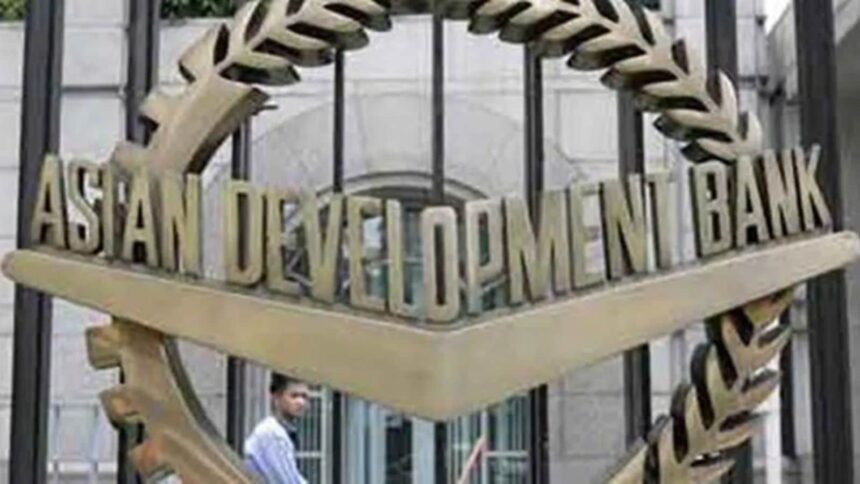India had raised “deep concerns” about the possibility of misuse of funds by Pakistan to Asian Development Bank (ADB) as it extended a $800 million tranche to the neighbouring country. Government sources said India had “vehemently opposed” the ADB extending “any form of financing support” to Pakistan, particularly in light of Pakistan’s increasing defence expenditure, its declining tax-to-GDP ratio, and the lack of demonstrable progress on key macroeconomic reforms.
“India cautioned the ADB regarding the possibility of misuse of its resources. The linkage between Pakistan’s increase in expenditure on its military, as opposed to on development, cannot be fully explained solely in terms of its domestic resource mobilisation. India highlighted that Pakistan’s tax collection as a share of GDP declined from 13.0% in FY18 to 9.2% in FY23 and continues to remain way lower than the Asia and Pacific average of about 19.0%. However, there has been a significant increase in defence spending in the same period,” a source said.
ADB on Tuesday approved a $800 million programme to strengthen fiscal sustainability and improve public financial management in Pakistan. Earlier in the day, the Congress in a post on X stated that Prime Minister met ADB President Masato Kanda on June 1 and three days later ADB cleared the $800-million loan to Pakistan. “Asian Development Bank (ADB) has given Rs 6,861 crore to Pakistan. Just 3 days ago, Narendra Modi met Asian Development Bank President Masato Kanda and just 3 days later, a huge amount was given to Pakistan. Earlier, the Modi government’s influence did not work on the IMF and Pakistan got the loan. That too when the conflict between India and Pakistan was going on,” the pose by Congress said.
Government sources said India expects the ADB management to adequately ring-fence the ADB financing, to prevent any such misuse. “Pakistan’s poor track record of implementation stems from the military’s deeply entrenched interference in economic affairs, posing risks of policy slippages and reversal of reforms as has been witnessed in the past,” the source said.
Even when a civilian government is in power, the army continues to play an outsized role in domestic politics and extends its tentacles deep into the economy, sources said. “Pakistan’s policy of cross-border terrorism has led to a worsening of the security situation in the region and has significantly escalated macroeconomic risks for the country, which also heightens the enterprise risks for the ADB,” the source said.








